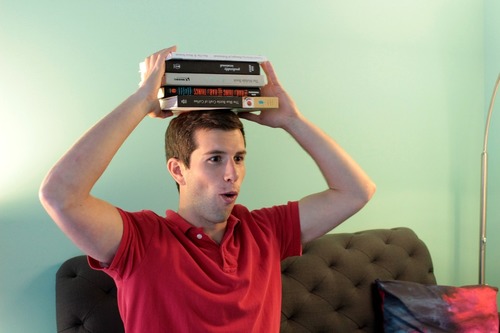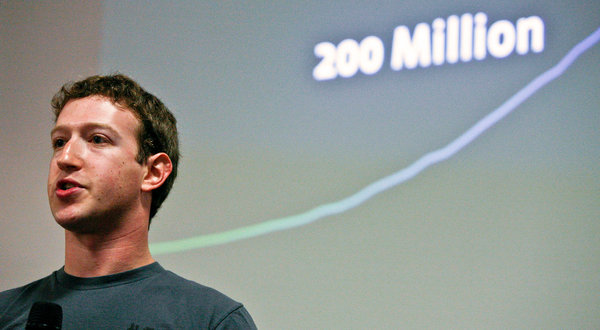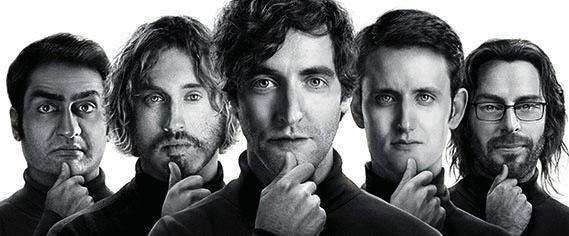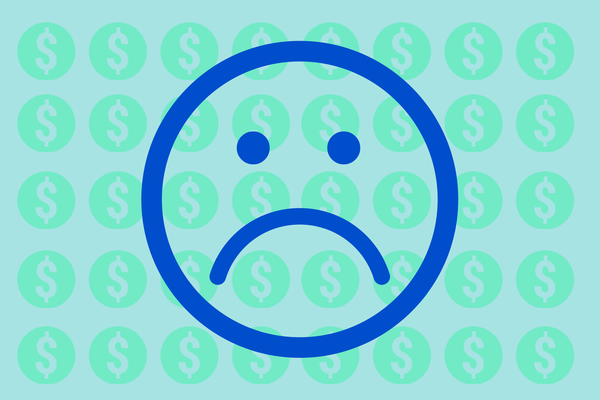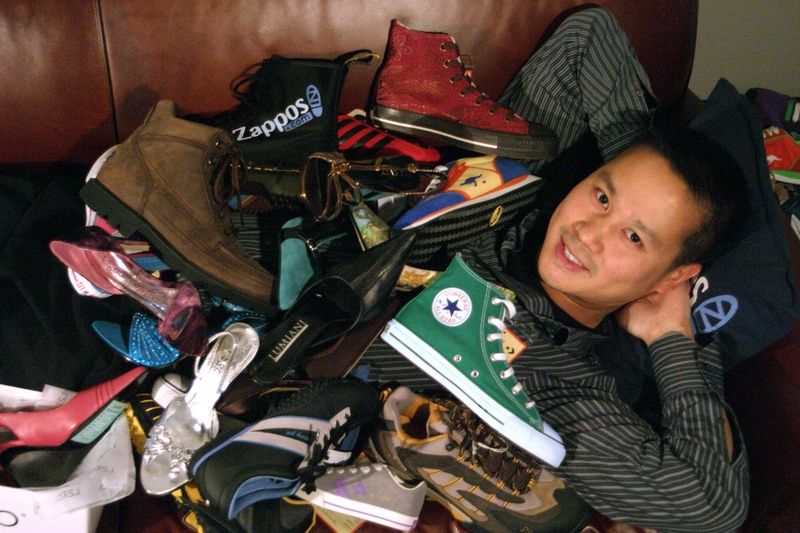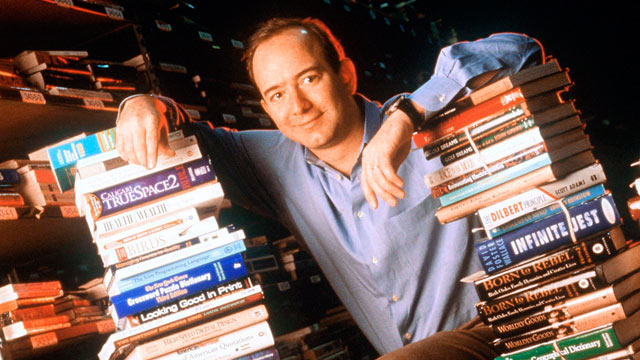 Nishiyama Onsen Keiunkan is the oldest company in the world. Founded in 705 A.D., the Japanese hot spring hotel has operated continually for an astonishing 1,300 years. Think about it: this company has existed since before Charlemagne became the first emperor of the Holy Roman Empire.
Nishiyama Onsen Keiunkan is the oldest company in the world. Founded in 705 A.D., the Japanese hot spring hotel has operated continually for an astonishing 1,300 years. Think about it: this company has existed since before Charlemagne became the first emperor of the Holy Roman Empire.
 The company’s founder, Fujiwara Mahito, was the son of a close aide to Emperor Tenji, Japan’s 38th emperor, and he built the hotel in a mountainous village in Hayakawa, Yamanashi Prefecture. It’s said that some of the most famous shoguns and samurai soaked in the hot springs there, so that when you go for a dip, you’re in good historical company.
The company’s founder, Fujiwara Mahito, was the son of a close aide to Emperor Tenji, Japan’s 38th emperor, and he built the hotel in a mountainous village in Hayakawa, Yamanashi Prefecture. It’s said that some of the most famous shoguns and samurai soaked in the hot springs there, so that when you go for a dip, you’re in good historical company.
Having survived a mind-blowing 52 generations of successive ownership within the same family, the hotel is no doubt a study on how to achieve longevity in business. Learn these three vital lessons from the hotel on building a business that lasts.



